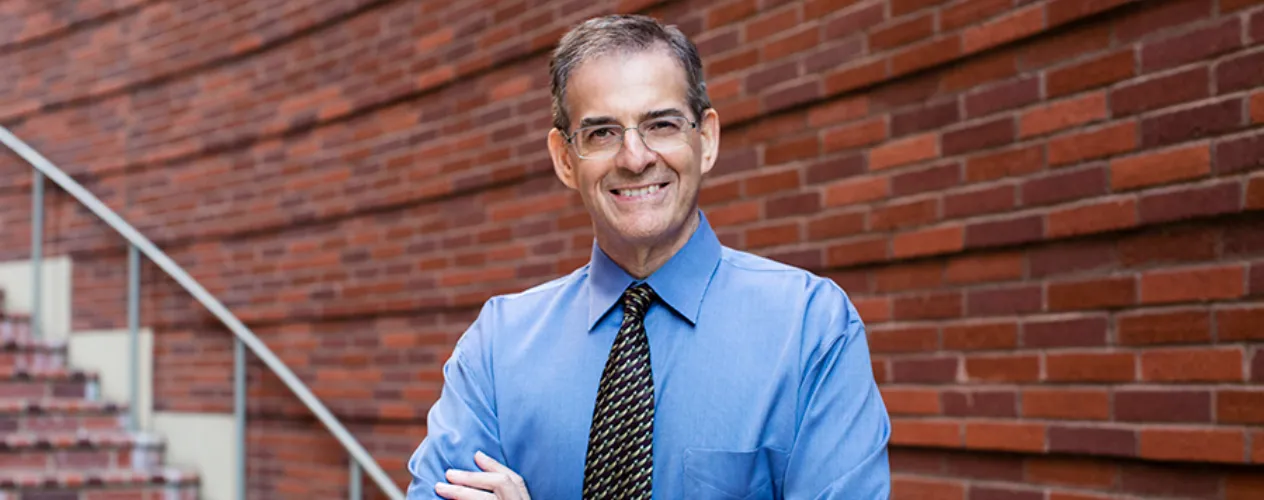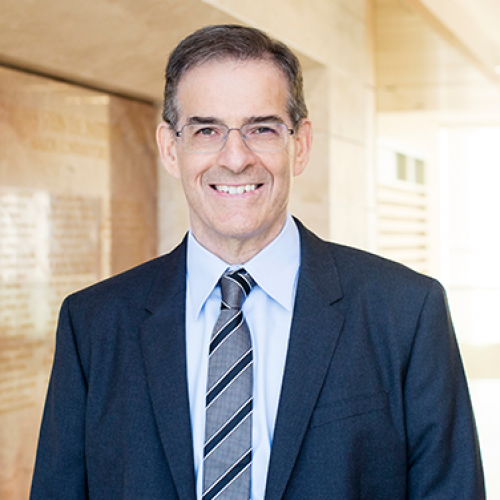Dean's Message

AS THE FOG BEGINS TO LIFT on the most deadly pandemic in more than a century, we in public health are left to confront the reality that at home and abroad, communities face unprecedented challenges to their health and well-being — challenges that transcend a pandemic that has taken millions of lives while inflicting devastating physical and mental health impacts. COVID-19 exposed the shortsightedness of our nation’s decades-long underinvestment in public health infrastructure, and even as we continue to grapple with this pandemic, we must move urgently to be better prepared for the inevitable epidemics and pandemics to come.
But COVID-19 has also cast a harsh light on problems that imperiled the health of our communities long before the novel coronavirus began to spread, and will continue to wreak havoc well after this pandemic has receded. From early on it has been clear that the heaviest burden of COVID-19 is felt in low-income communities and communities of color, a reflection of structurally reinforced inequities in income, education, housing, healthcare, and other fundamental determinants of health. The pandemic’s disproportionate impact on Black, Indigenous, and people of color communities, combined with the increased attention to, and protests of, police brutality against these communities, brought about a long-overdue reckoning with structural racism. In April, the U.S. Centers for Disease Control and Prevention declared racism a serious public health threat — an affirmation that public health must not merely document its harmful effects, but dismantle the forces that perpetuate them.
In the U.S., the challenges underscored by this trying chapter come at a time when we face an epidemic of gun violence, and voting rights for many hang in the balance. We must recognize that these, too, are public health problems — as is the existential crisis posed by climate change, which is affecting the health of populations everywhere, including in our own backyard.
There’s no downplaying the magnitude of these and other threats to the public’s health, and no one expects that we will solve them easily or quickly. But there is also ample reason for hope. Public health has brought us safer workplaces and healthier foods. It has saved lives by increasing seat belt use and reducing smoking. Public health eradicated smallpox, and in 2021, one of the largest vaccination campaigns in history is helping to get us to the other side of this pandemic. We are an evidence-based field, guided by research on what works. But, as we have learned from the selflessness and determination displayed by the public health leaders battling COVID-19, structural racism, and the other daunting problems we face, we’re also guided by hope and humanity. This issue of our magazine features a sampling of the incredible work of our UCLA Fielding School community in bringing public health solutions to some of the greatest challenges of our time — driven not only by the science, but by hope, humanity, and a foundational trait of our field, saying yes to being an active part of the solution.

Dr. Ron Brookmeyer
Dean
ㅤ
